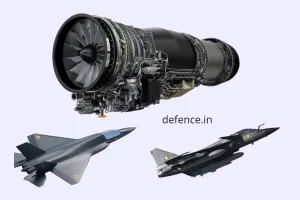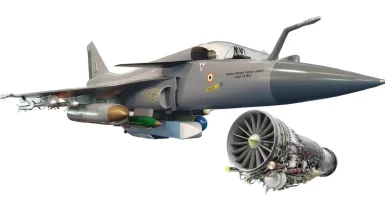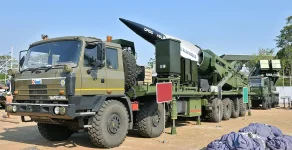- Views: 5K
- Replies: 11

Hindustan Aeronautics Limited (HAL) is gearing up for the final stages of development and delivery of the Tejas Mk1A light combat aircraft (LCA Mk-1A) to the Indian Air Force (IAF). Despite facing some delays, HAL is now targeting a March 31, 2025 deadline for the delivery of the first fighter jet.
Starting in January 2025, HAL will conduct critical trials involving the testing of key systems, including the indigenous Astra beyond-visual-range missile, the locally made electronic warfare suite, and the Israeli Elta radar. These trials are crucial for completing the necessary certification requirements before the aircraft can be delivered to the IAF.
One of the major challenges faced by the program has been the delay in the delivery of F404 engines from GE Aerospace. To address this, senior Indian officials, led by HAL chief DK Sunil, visited GE's facility near Boston earlier this month to assess the restarted F404 production line.
While GE has not yet committed to a firm delivery schedule for the 99 engines on order, they indicated that production issues have been resolved and the supply of the first units could begin in March 2025.
To keep the program on track, HAL plans to deliver the initial Tejas Mk1A aircraft with reserve engines, which will be replaced with the F404s as soon as GE begins supplying them. This strategy ensures that the IAF receives the aircraft with the desired capabilities while mitigating the impact of engine delivery delays.
The IAF has expressed concerns about the delays in the LCA Mk-1A program, as it impacts the induction of new fighter jets and could potentially affect the air force's combat effectiveness. The IAF has placed orders for 83 Mk-1A fighters and plans to procure 97 more in the future.
HAL remains confident in its ability to catch up in production once the F404 engines arrive. The company has set up a new production line in Nashik for the LCA Mk-1A, supplementing its existing production capacity in Bengaluru. This will enable HAL to ramp up production to meet the IAF's growing needs.
The Tejas Mk1A represents a significant step forward in India's pursuit of self-reliance in defence technology. It is an advanced variant of the Tejas Mk-1, featuring upgraded avionics, AESA radar, an enhanced electronic warfare suite, and beyond-visual-range missile capabilities. The LCA is poised to become a cornerstone of the IAF's combat power in the coming decades.



